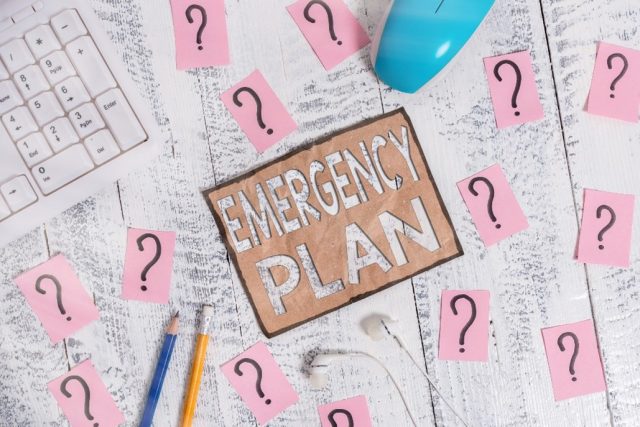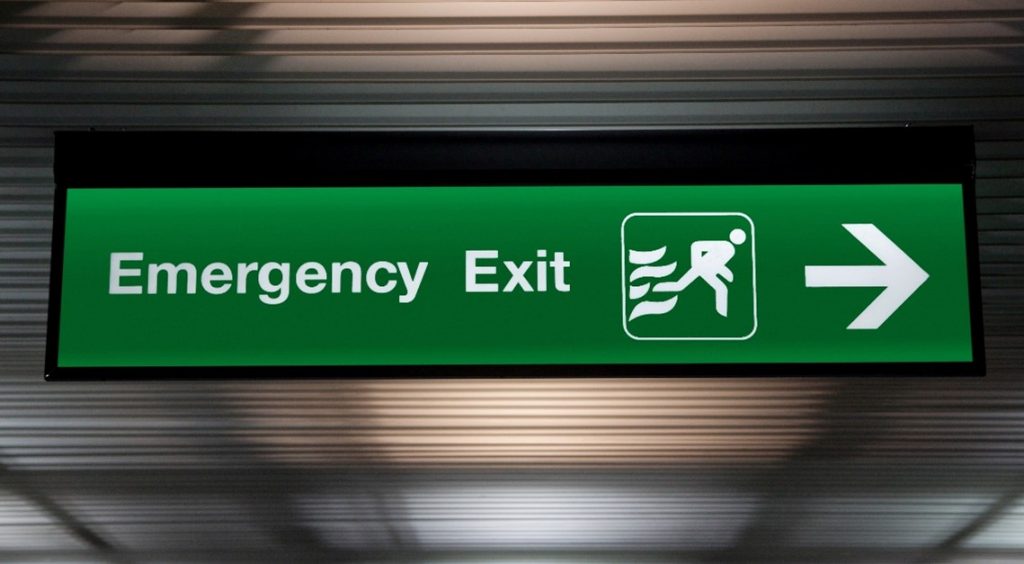Jose Ernesto Batres Gonzalez is a real estate industry professional who is currently operating a property management firm. In the following article, Jose Ernesto Batres Gonzalez explains how management companies can ensure tenant safety and well-being with emergency preparedness.
Natural disasters and calamities are inevitable. The least that anyone can do is to be prepared – so damages can be prevented or kept to a minimum. One way to do this is to simply be present in an area to secure the property.
However, most landlords will likely not be there to safeguard their rental properties.
So, how do they prevent property damage in times of crisis?
In this article, Jose Ernesto Batres Gonzalez discusses the importance of emergency preparedness and measures that landlords (and renters) can take to secure real estate properties.
Jose Ernesto Batres Gonzalez Says to Analyze Potential Disasters and Their Likelihood
Planning on renting out a house in Texas? A flood could wipe it out.
An apartment in California? Earthquakes or wildfires can instantaneously consume these properties.
Jose Ernesto Batres Gonzalez says that these common calamities need to be carefully thought of before renting out a home in certain areas. Besides natural disasters, landlords must also consider other scenarios that call for emergency, such as:
- Crimes (trespassing, vandalism, or burglary)
- Utility problems (loss of electricity, water, or gas
- Tenant history and conditions (illness, involvement in illegal activity, or sudden death)
However, in some cases, landlords must also be prepared for totally unforeseen emergencies – such as gas leaks or life-threatening molds. Aside from those, it’s the landlord’s job to perform a background check on potential tenants to ensure they’re not the type to cause trouble.
Jose Ernesto Batres Gonzalez explains that once the likelihood of these crises and emergencies is evaluated, landlords must find out which respondents to seek help from.
Have Emergency Services on Speed Dial
Tenants and landlords must be aware of which emergency respondents to call in certain situations. 911 may be the go-to hotline, but the process of having a dispatcher place the caller to a specific agency will take up far more time.
Jose Ernesto Batres Gonzalez says that to avoid wasting crucial seconds, ask the tenants to have these hotlines saved on each household member’s phone or written on a piece of paper that is stuck on a refrigerator or anywhere else easily visible:
| Hotline | Purpose |
|---|---|
| 311 | Municipal government concerns |
| 511 | Traffic information services |
| 611 | North American Numbering Plan (NANP) |
| 711 | Telephone Device for the Deaf (TDD) |
| 811 | Call-Before-You-Dig |
*988
Though somewhat unrelated to landlord and tenant relations and transactions, it’s vital to remember the emergency hotline 988 – it’s the suicide crisis hotline. Calling this number can save a life.
However, Jose Ernesto Batres Gonzalez notes that these emergency preparedness measures will be practically useless if the ones renting the property don’t do their part.
Educate the Tenants
Since tenants will be present while renting the property, they’ll most likely be the ones witnessing – and responding to – emergencies, regardless of whether they had anything to do with it or not.
But for rental property owners, part of their job is to inform tenants about these emergency response plans – such as which agencies to call and when to call them.
In addition, it’s also important to be considerate about the renter’s other priorities – such as their budget.
- Is the area prone to wildfires?
- Are crimes prevalent in the neighborhood?
- Have there been tsunami alerts recently?
If so, advise the tenants to get rental insurance. Jose Ernesto Batres Gonzalez says that, contrary to popular belief, tenants and real estate companies don’t cover every cost of damages and property loss for tenants. Landlords only cover repairs for the building – they don’t compensate for loss or damage to their personal properties.
However, tenants aren’t the only ones who can apply for insurance.
 Explore Property Insurance Options
Explore Property Insurance Options
Depending on the property’s location and eligibility, landlords can inquire and apply for the following insurance policies:
- Property damage insurance
- Loss of income insurance
- Liability insurance
Once these emergency response measures are implemented, tenants and homeowners can feel more at ease that they won’t – or will barely – spend a huge amount of their funds to cover the damages that a crisis can cause.
In Conclusion
Having an emergency plan is one thing, but having a plan B is another.
Jose Ernesto Batres Gonzalez notes that it’s imperative for tenants to ask the property owners about potential disasters and commonly occurring calamities in the area. Not only does this help the household stay alert, but it also provides time to secure valuables when disaster strikes.
To landlords, emergency preparedness safeguards not just the structure and quality of the building, but also the safety of those who dwell in it.
Keep everyone safe by being prepared.



 Explore Property Insurance Options
Explore Property Insurance Options


